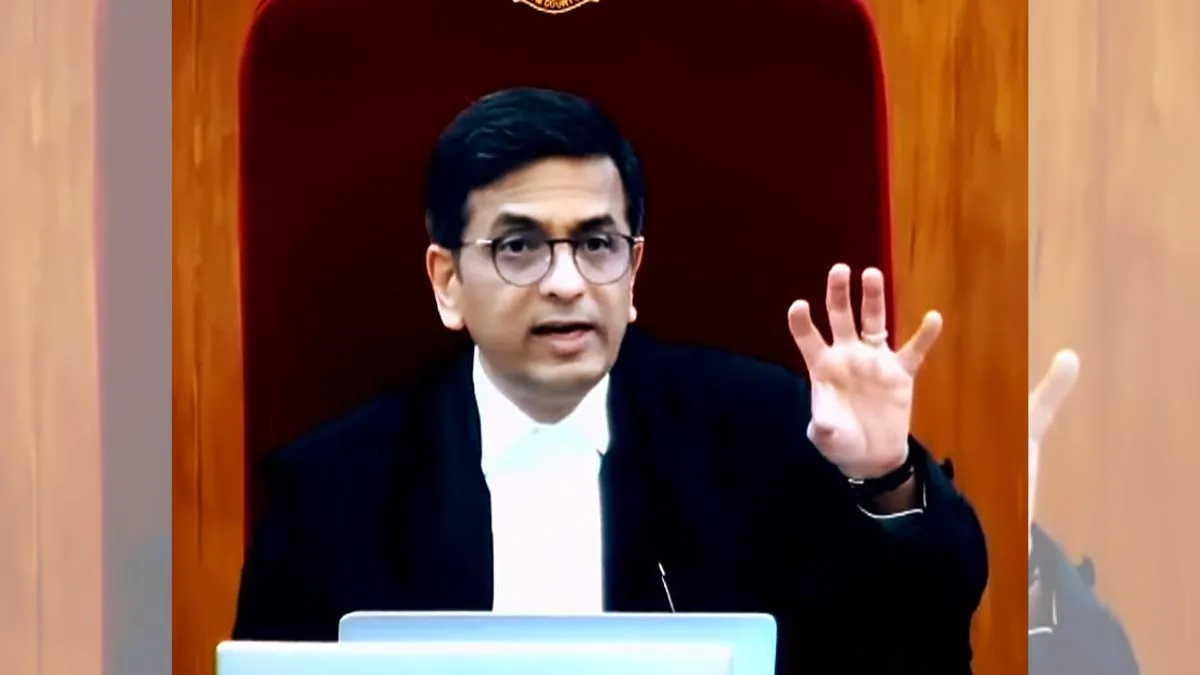- By Kamal Kumar
- Mon, 01 Apr 2024 08:23 PM (IST)
- Source:JND
Chief Justice of India DY Chandrachud said on Monday that premier investigative agencies are stretched too thin and they should concentrate only on cases involving national security and crimes against the nation. Delivering his address during the 20th DP Kohli Memorial Lecture on CBI Raising Day, Justice Chandrachud also highlighted the evolving landscape of crime due to technological advancements. He pointed out that the agency is now confronted with a more complex challenge.
"The CBI is being increasingly asked to delve into a diverse array of criminal cases beyond its role as an anti-corruption investigative agency. This places a huge responsibility on CBI to live up to its motto," Justice Chandrachud said.
The CJI further pointed out the diverse and burdening assignments the agencies are undertaking.
"I think we have spread out the premier investigative agencies too thin. They must only focus on those that concern national security and crimes of economic offences against the nation," the Chief Justice added. He also pointed out that the force consists largely of officers on deputation.
The Chief Justice of the apex court also suggested a few measures to the agencies to tackle these new age challenges. He recommended digitising the investigation process, starting from filing a First Information Report (FIR), stating that with the vast number of cases, technology should be used to minimise delays.
Also Read: Noida: Girls Making 'Vulgar' Holi Reels Fined Rs 80,500; Booked Under Various IPC Charges
"All arms of the criminal justice administration and all stakeholders including the FSLs must collaborate by holding workshops to help confront the challenges we face," he said.
Other improvements should focus on upgrading the investigation agency with structural changes, he suggested.
Moreover, using artificial intelligence is important for better results. He called it a "game changer" for revolutionising criminal justice, saying it can help find leads and analyze data more accurately than ever before.


